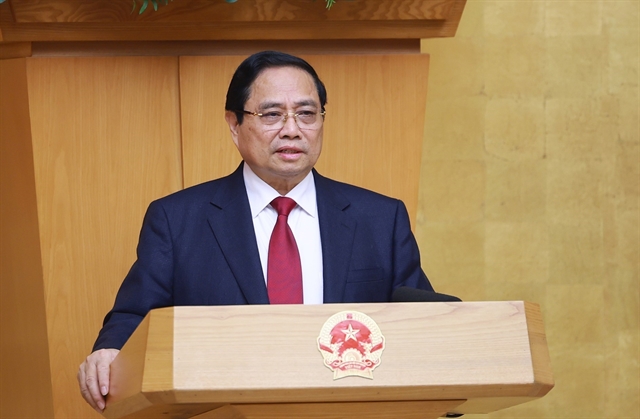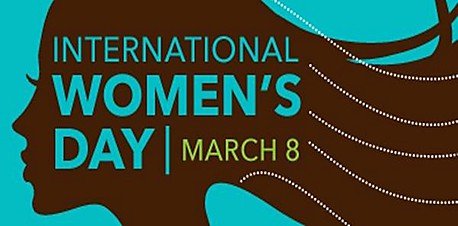 Society
Society

This March 8 and everyday, we invite everyone to join us in proudly saying: I am Generation Equality!

|
| Photo awarenessdays.com |
By Kamal Malhotra and Elisa Fernández Sáenz*
In Việt Nam, March 8 or International Women’s Day (IWD) is a day to celebrate the critical roles women play in society every day of every year. On this day, Vietnamese women often receive beautiful flowers and small gifts from their husbands or work supervisors, or get a one-time offer to do household chores from the men in their lives. Yet, the intention and the spirit of IWD is much more than a one-day acknowledgement. It is the day every year when we take stock of how much progress we have made and identify the remaining gaps ahead to realizing women’s rights and gender equality in every corner of the world. It is a day when everyone should recognize the necessity for women to have equal representation and decision-making powers at all levels of society to enable positive and sustainable development – in families, in communities, in business and politics, and in society at large.
United Nations Secretary-General António Guterres recently highlighted that gender inequality and discrimination against women and girls remains an overwhelming injustice across the globe. He reflected that “at the heart of the issue is power, as male-dominated power structures underpin everything from national economies, to political systems, to the corporate world and beyond.” He called upon all of us “to stop trying to change women, and start changing the systems that prevent them from achieving their potential.” He strongly pointed to the fact that “patriarchy also has an impact on men and boys, trapping them in rigid gender stereotypes”, declaring that “a systemic change is long overdue.” For society to prosper, all genders are needed at all levels, and for that to happen all genders need to understand and engage with each other with mutual recognition and respect.
2020 is a pivotal year as we celebrate the 25th anniversary of the Beijing Declaration and Platform for Action, which is our common global most progressive roadmap for advancing women’s rights. But progress has been agonizingly slow in many areas and given the current global conjuncture and the challenges facing multilateral consensus-building, there is a real danger of back-lash in many parts of the world. Our efforts to bring all of us together, in partnership, to create a fairer world that leaves no one behind therefore need redoubling.
Inspired by the 2020 IWD theme, “I am Generation Equality: Realising Women’s Rights”, and the global campaign, Generation Equality, people across the world of every gender, age, ethnicity, race, religion and country are coming together this year to drive actions that will create the gender-equal world we all deserve. Generation Equality is about accelerating action to address gender issues across generations, from childhood to their later years, with young women and girls at the centre.
In this context, we should ask ourselves: Where do women in Việt Nam stand today?
In Việt Nam, we have seen remarkable progress on women’s rights and leadership in some areas, notably on access to education and maternal health, labour force participation, and in the strengthening of the legal and institutional frameworks for gender equality.
But in many areas, we are running just to stay on track or progress is slow:
The challenges are great but not impossible to overcome! We can improve the conditions of women and girls in Vietnamese and other societies. As a regional and global leader this year, Việt Nam, in its roles as ASEAN Chair for 2020 and a non-permanent member of the United Nations Security Council for 2020-21, can play a unique role in promoting gender equality at home, in the region and in the world!
We are in this together. The Generation Equality initiative is calling upon governments, civil society, the private sector and the UN to work hand-in-hand for an accelerated and sustainable change towards achieving gender equality. We need new stronger mechanisms focused on collective action, with accountability, to provide the results that we want to see!
This March 8 and everyday, we invite everyone to join us in proudly saying: I am Generation Equality!
*Kamal Malhotra is the Resident Co-ordinator for the United Nations in Việt Nam and Elisa Fernández Sáenz is the Head of Office of UN Women in Việt Nam




